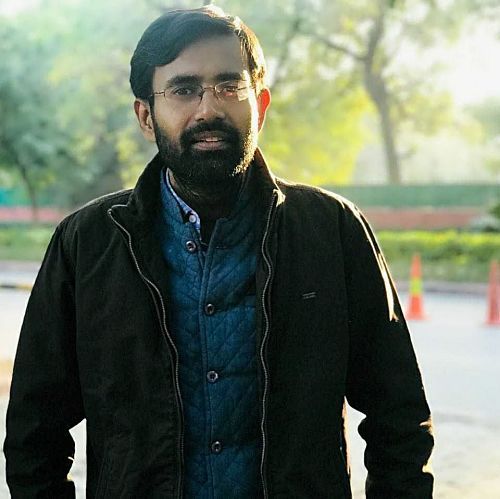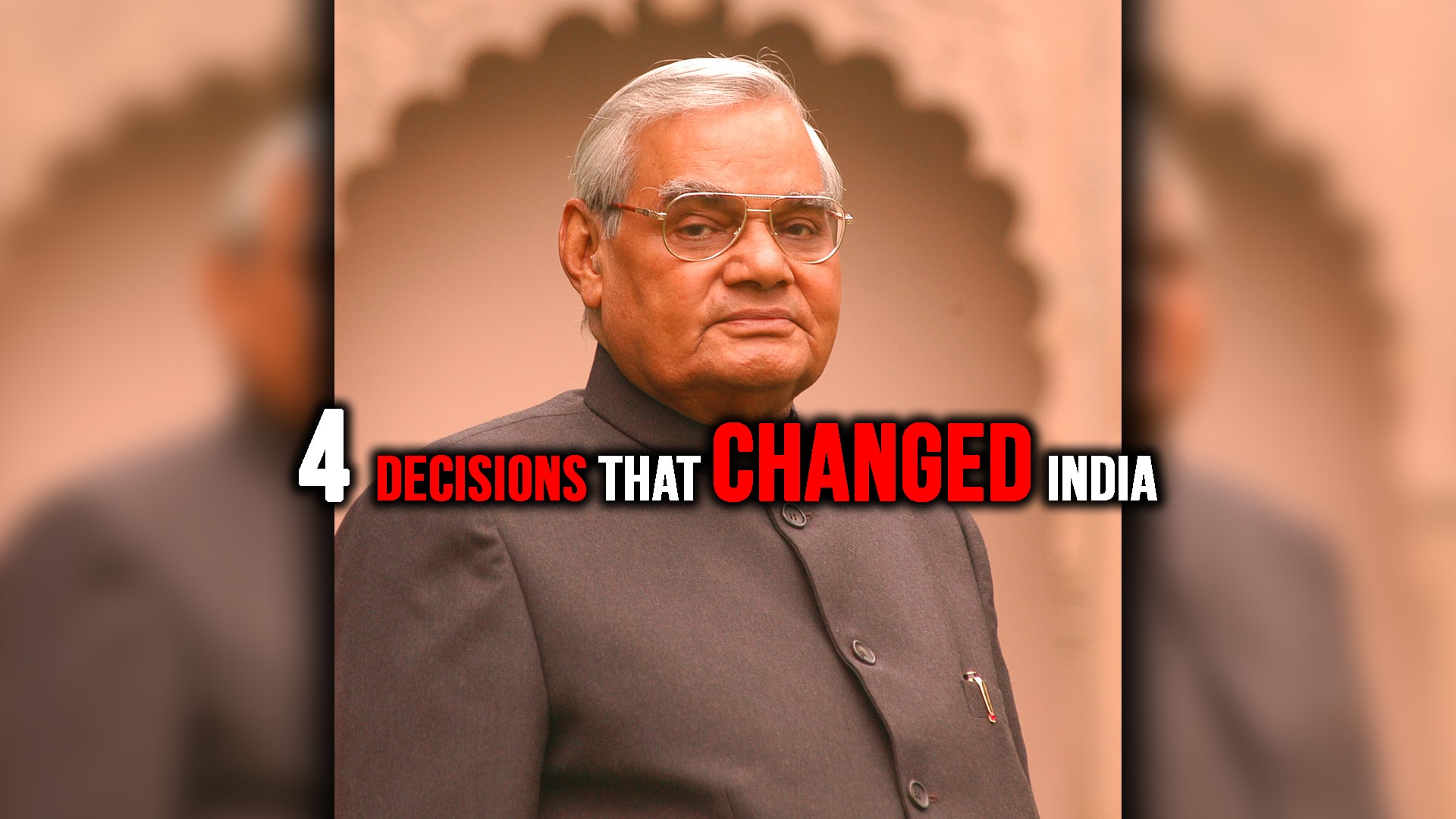Vajpayee never hesitated to take tough decisions. He saw possibilities in even complicated relationships
New Delhi: Atal Bihari Vajpayee was not just a politician but an institution. He believed in radical change and taking decisions that will change the course of history. From taking part in the Quit India movement to becoming the first BJP prime minister, Vajpayee completed a long journey. He never hesitated to take tough decisions. He saw possibilities in even a complicated relationship as the one between India and Pakistan. Here are four decisions the great statesman took that forever changed the way India was seen
1. Pokhran 2
The Indian government conducted its first nuclear test in the deserts of Pokhran, Rajasthan on May 18, 1974. However, it was Pokhran-2 under Vajpayee that forced the world to sit up and take notice.

In May 1998, multiple fission devices were detonated successfully at Pokhran, hoodwinking the US spy satellite that kept an eye on India’s nuclear preparation. This helped India barge into the elite nuclear club of five countries. With a small window of time available when the satellite was not keeping an eye on India, the country, under the direction of Vajpayee, raced against time to conduct one of the finest nuclear tests conducted in South Asia. International pressure, threats of economic sanctions and an unfriendly neighbour in the form of Pakistan didn’t deter the man who stood behind a select group of scientists, who ensured his vision of nuclear India was achieved, come what may.
2. Golden Quadrilateral
Road transport and highways minister in the Narendra Modi government, Nitin Gadkari may be lauded for ensuring the quick construction of highways in the country, but the ultimate credit has to go to former prime minister Atal Bihari Vajpayee, who conceptualised of a grand roadways project in the 1990s.

Vajpayee had a simple dream. It was to connect New Delhi, Mumbai, Kolkata and Chennai through a network of highways. It may not sound much of a challenge today, but it was too ambitious a dream around two decades back. Yet, Vajpayee had that dream and started to work to make it a reality. The Golden Quadrilateral project contributed immensely to the economy of the country. Villages turned into suburbs, suburbs turned into towns with industrial possibility, giving an impetus to the GDP. That was his ‘Atal’ vision.
3. Privatisation

It was a policy decision that was alien to India and understandably, became a victim of concerted Opposition onslaught. The idea was simply to sell off loss-making government businesses, thus reducing costs for the government. If Modi has a firm belief that "the government has no business to be in business", Vajpayee was his inspiration. Vajpayee strongly believed in an open economy and disinvested Bharat Aluminium Company (BALCO) and Hindustan Zinc, Indian Petrochemicals Corporation Limited and Videsh Sanchar Nigam Ltd (VSNL). It shook up the status quo and announced that the government means business.
4. Telecom revolution

This policy decision by the Vajpayee government enabled the government to share the revenue with telecom companies and not get restricted to a one-time licence fee. It was a simple strategy that would get the government more money and rein in corruption. Bharat Sanchar Nigam Ltd (BSNL) came into being. A dispute settlement tribunal was created to address consumer concerns. The monopoly of VSNL on international calls came to an end thanks to one man: Atal Bihari Vajpayee.
Last Updated Dec 24, 2018, 1:41 PM IST











![Salman Khan sets stage on fire for Anant Ambani, Radhika Merchant pre-wedding festivities [WATCH] ATG](https://static-ai.asianetnews.com/images/01hr1hh8y86gvb4kbqgnyhc0w0/whatsapp-image-2024-03-03-at-12-24-37-pm_100x60xt.jpg)
![Pregnant Deepika Padukone dances with Ranveer Singh at Anant Ambani, Radhika Merchant pre-wedding bash [WATCH] ATG](https://static-ai.asianetnews.com/images/01hr1ffyd3nzqzgm6ba0k87vr8/whatsapp-image-2024-03-03-at-11-45-35-am_100x60xt.jpg)



